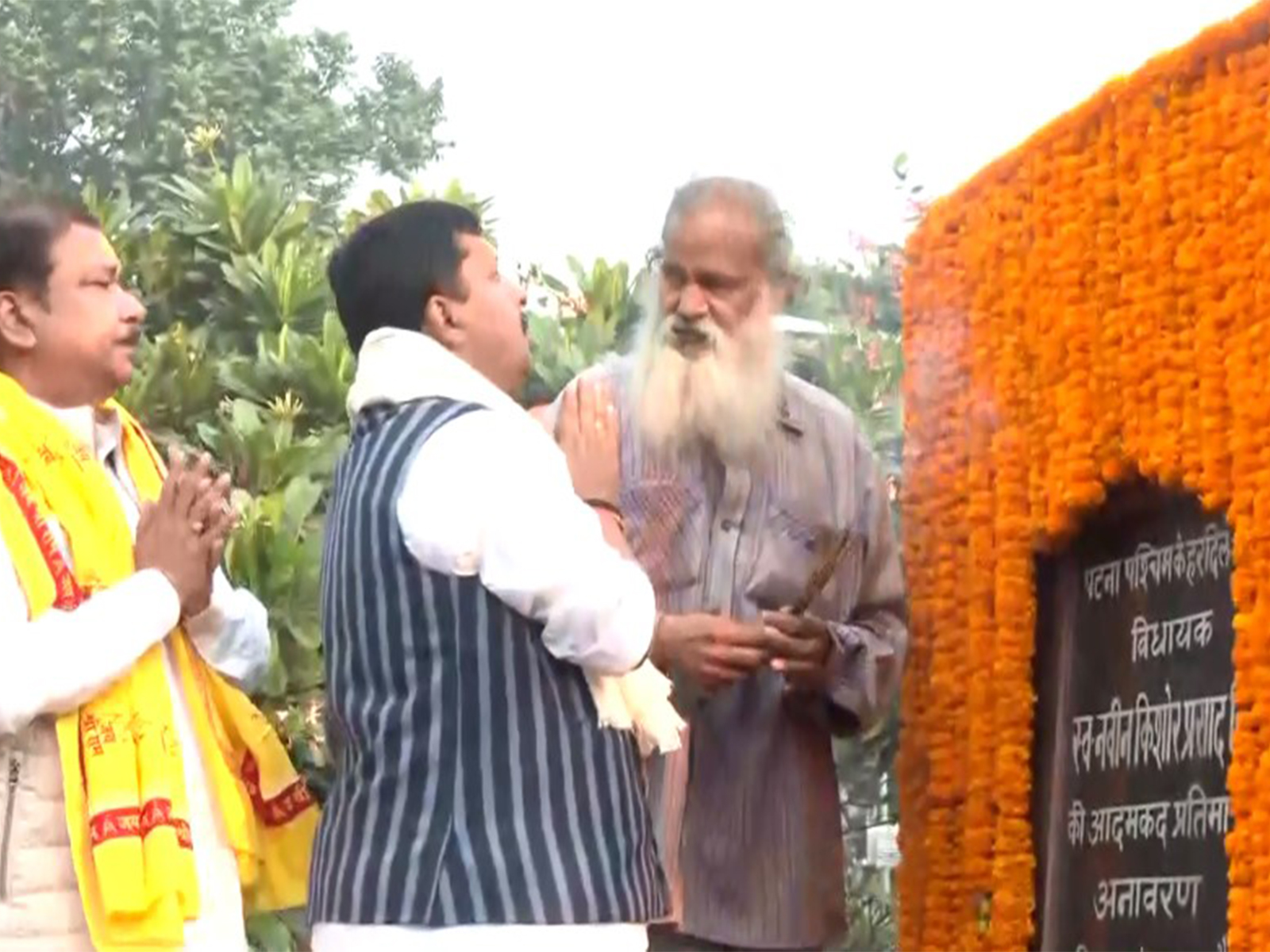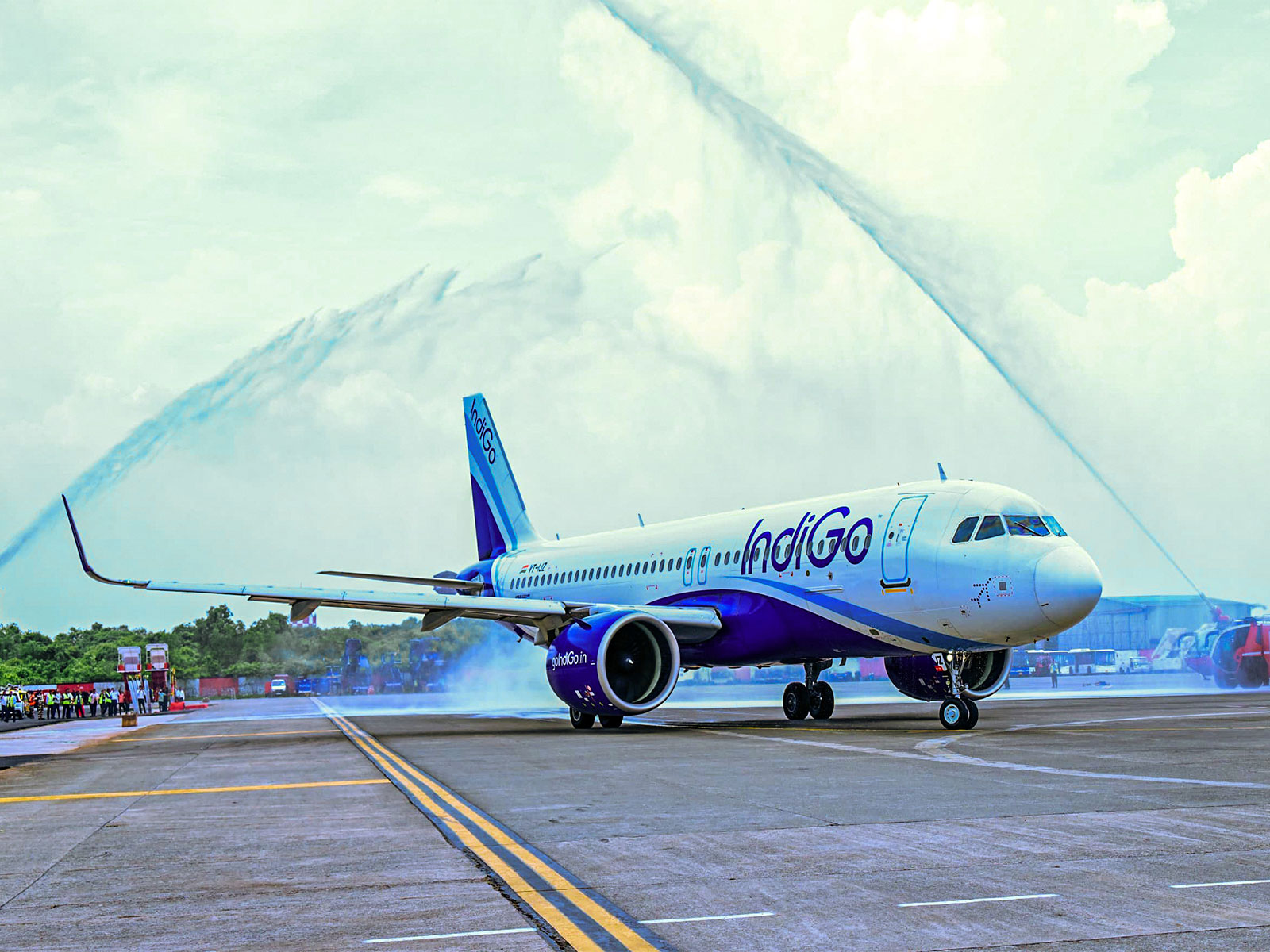MP: Two male cheetahs released into the wild at Kuno National Park
Dec 17, 2023

Shivpuri (Madhya Pradesh) [India], December 18 : With the successful release of two male cheetahs, Agni and Vayu, on Sunday, tourists can now see cheetahs in the Ahera Tourism Zone, Kuno National Park, Shivpuri, marking a historic moment in wildlife conservation.
"On December 17, two male cheetahs, Agni and Vayu, were successfully released in the Parond Forest area of Coon National Park. Both the cheetahs are completely healthy. Parond Forest Area is under the Ahera Tourism Zone. With the presence of cheetahs in the tourist zone, tourists will now be able to see cheetahs," said the release from the Forest Department.
The release of the cheetahs is part of the 'Cheetah Reintroduction Project' and allows tourists to see the animals in the designated area.
Kuno National Park is situated on the Northern side of Vidhyachal mountains and has an area of 344.686 sq km. It was named after a tributary of the Chambal River.
Earlier, India's ambitious project Cheetah was completed one year after the first batch of eight Namibian cheetahs was released in Madhya Pradesh's Kuno National Park (KNP) by Prime Minister Narendra Modi on his birthday on September 17, 2022.
Subsequently, twelve cheetahs from South Africa were also translocated and released in Kuno National Park in February 2023.
These cheetahs represent a big feather in India's cap for restoring natural treasures. The entire project was implemented under the meticulous supervision of the expert team consisting of government officials, scientists, wildlife biologists and veterinarians belonging to Namibia, South Africa and India, the Ministry of Environment, Forest and Climate Change stated.
Out of the above six criteria given in the action plan for assessing the short-term success, the project has already met four criteria, namely: 50 per cent survival of introduced cheetahs, the establishment of home ranges, the birth of cubs in Kuno and the project has contributed revenue to the local communities directly through the engagement of cheetah trackers and indirectly by way of appreciation of land value in the surrounding areas of Kuno, it stated.
The Ministry further stated, "The challenging inter-continental, wild to wild, Cheetah translocation by air, from Namibia and South Africa to India is the first ever such effort undertaken in the world to rectify the ecological wrong done in the past.
Normally, intercontinental long-distance cheetah translocations have an inherent risk of mortality; however, 8 cheetahs from Namibia and 12 cheetahs from South Africa were successfully translocated to Kuno National Park without any mortality."
One female cheetah has given birth to cubs on Indian soil after 75 years. One surviving cub is now 6 months old and doing well, showing a normal growth pattern. So far, no cheetah has died due to unnatural causes like poaching, hunting, snaring, accident, poisoning, and retaliatory killing.
Project Cheetah has mobilised the local community and provided them with livelihood options through direct and indirect employment. The community's support is overwhelming. Being a long-term project, it is planned to bring 12-14 cheetahs from South Africa/Namibia/ other African countries annually for the next 5 years and after that, as and when required.
The last cheetah died in the country in 1947 in Korea district in present-day Chhattisgarh, which was earlier part of Madhya Pradesh, and the species was declared extinct in India in 1952.



















